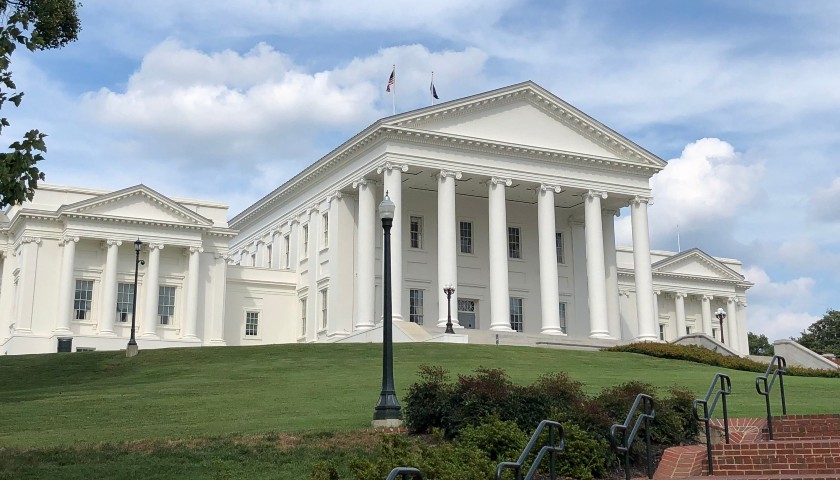In 2020 and 2021, the Democrat-led General Assembly passed nearly 20 percent more bills through strict party-line votes than in the three previous years when Republicans controlled both chambers. According to a data visualization from the Virginia Public Access Project, in 2020, 24 percent of bills passed were passed along party lines with Democrats voting for and Republicans voting against. In 2021, that number grew to 25 percent. In the Republican controlled sessions of 2017, 2018, and 2019, the percentage of bills passed along party lines was respectively 7.7 percent, 4.7 percent, and 5.7 percent.
“This is the first time we’ve had a Democratic governor, state senate, and attorney general in 28 years. So, there was a lot of pent-up demand for legislation that could only pass with that kind of an alignment,” Senator Scott Surovell (D-Fairfax) told The Virginia Star.
In 2010, Republicans re-took the Governor’s mansion for the first time in eight years. In 2012, they regained control of the Senate. Surovell said Republicans used that new control to push through new pro-gun legislation.
Virginia House GOP Caucus Chair Kathy Byron (R-Bedford) said Democrats didn’t bother with compromise.
“Emulating their counterparts in Washington, Virginia Democrats have been passing an aggressive, far-left agenda,” Byron said. “House Democrats have passed major legislation – and the core of their agenda — without seeking Republican votes or looking for opportunities to compromise. Party-line votes are the result of that strategy and insistence on progressive purity.”
“Democrats [are] passing more partisan and polarizing legislation in my opinion,” Senator Jen Kiggans (R-Virginia Beach) said.
Surovell expects the percentage of bills passed in party-line votes to start decreasing now that Democrats have dealt with some of the demand for progressive legislation. He said political polarization could also be partially responsible for party-line votes.
“I don’t think there’s any question that America and Virginia are more ideologically polarized right now than they have been in a while. I think that plays a role,” he said.
“At least serving in the Senate, I don’t feel like the Senate is hyper-polarized,” he added. “The House by its nature always tends to be more polarized than the Senate is.”
He said President Joe Biden could also help reduce the temperature of national political conversation. Speaking about Virginia specifically, Surovell said, “I think the biggest driver of how polarized legislature will be over the next decade will be what happens in the next redistricting.”
He continued, “And I suspect that with bipartisan redistricting we will probably get more competitive districts. That by itself should reduce the amount of single-party bills that go through the legislature.”
– – –
Eric Burk is a reporter at The Virginia Star and the Star News Digital Network. Email tips to [email protected].
Photo “Virginia Capitol” by Mike Fonseca CC2.0




